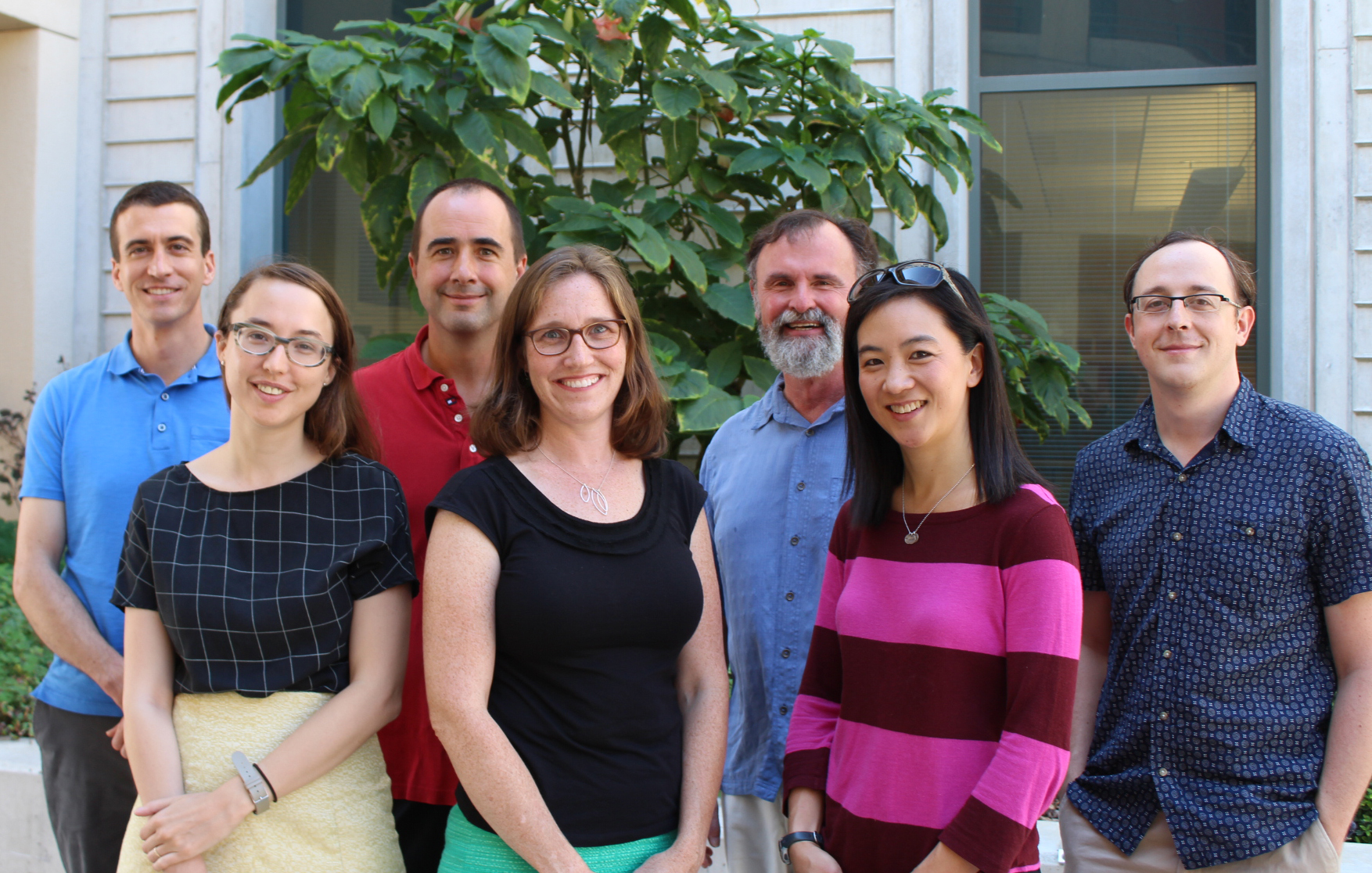
UCSB is one of the best places in the world to study Environmental Politics. The team of political scientists, which consists of seven faculty and several graduate students, makes up one of the largest groups studying environmental politics at any US university. As graduate student Geoffrey Henderson notes, “not only does the Political Science Department have leading experts on environmental issues, the study of the environment is part of the DNA of the larger university, and the interdisciplinary walls here are low.”
The Environmental Politics program at UCSB begins from the premise that solving our most pressing environmental problems around the world requires understanding and  identifying political solutions. Aaron Sparks, a Doctoral Candidate, studied environmental biology as an undergraduate, but became interested in political science when he realized that scientific remedies alone would not be enough. Now, he focuses on studying the roots of collective action around environmental issues. Doctoral Candidate Colin Kuehl shares that he “chose to study at UCSB because of the interdisciplinary group of faculty whose research covers a wide breadth of knowledge in environmental politics.”
identifying political solutions. Aaron Sparks, a Doctoral Candidate, studied environmental biology as an undergraduate, but became interested in political science when he realized that scientific remedies alone would not be enough. Now, he focuses on studying the roots of collective action around environmental issues. Doctoral Candidate Colin Kuehl shares that he “chose to study at UCSB because of the interdisciplinary group of faculty whose research covers a wide breadth of knowledge in environmental politics.”
Together, the Political Science faculty work with graduate students to form an intellectual community of researchers poised to advance our understanding of environmental politics around the world. In doing so, they build on existing strengths of UCSB around the environment. As the birthplace of Earth Day in the 1970s, the Santa Barbara community emerged as an early leader in the environmental movement. This interest in understanding and solving environmental problems carried over to UCSB. Researchers across campus, from the humanities to the natural sciences, continue to contribute to our understanding of how to solve the leading environmental issues of our time.
Some of the many projects of faculty and graduate students include:
- Understanding how to mobilize ordinary people to engage in environmental activism
- Explaining variation across countries and time in domestic climate policies
- Studying why some states and countries expand their renewable energy policies while others repeal energy reforms
- Studying Congressional barriers to environmental reforms
- Understanding how firms solve environmental problems
- Studying the drivers of public opinion on energy and climate issues, both in the US and around the world
- Using field experiments to study global aid and sustainable development
- Examining the effects of violence against environmental activists across the Global South
- Exploring the role of regional identity in international environmental negotiations
The Department’s faculty not only push boundaries of thinking in the academic world, they also work closely in partnership with policymakers, activists, and other practitioners in environmental politics. Geoffrey Henderson recently joined the department as a graduate student after a career with an environmental policy think tank. He learned about and became interested in the department after reading articles written by Professor Hahrie Han and Professor Matto Mildenberger for the Scholars Strategy Network (SSN).
Henderson shares that students and faculty here “have access to a wealth of social scientific expertise on environmental questions, and an unparalleled cohort of social scientists across disciplines seeking solutions to environmental problems.”




